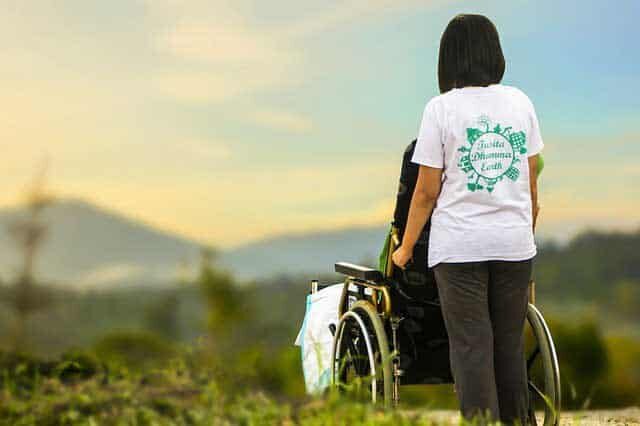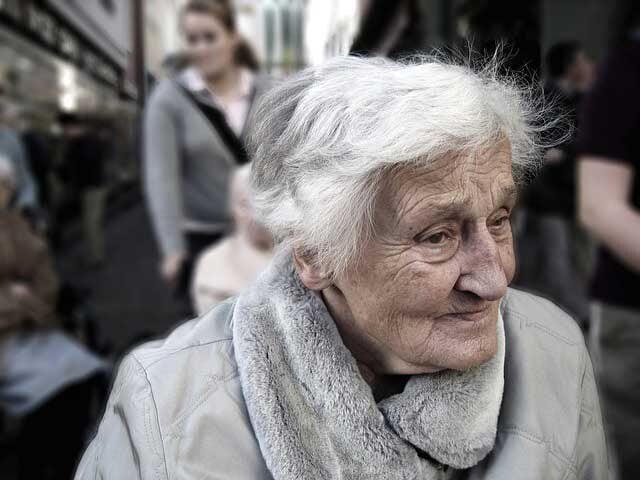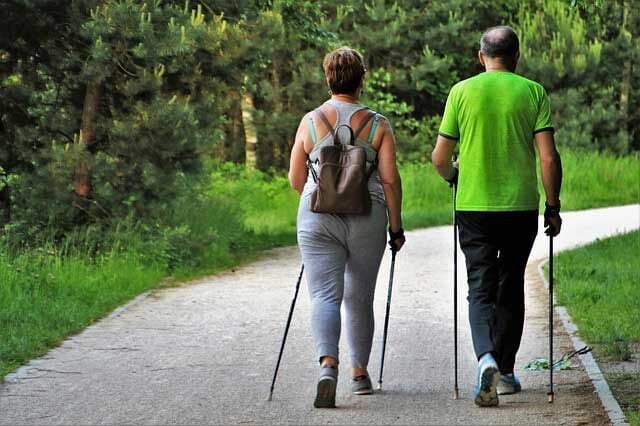Many people make the mistake of thinking that we have very little say in our wellbeing as we age. There is no such as “over the hill”. We may face new challenges and find ourselves no longer able to live as we once did, but there’s still a lot that can be done to improve our way of living. If you have an older loved one in your life, there’s a lot you can do, too.
The importance of contact
First of all, the simplest help you can provide is being there to listen and communicate with them. Senior isolation is a growing problem a risk factor in all kinds of conditions, from mood disorders to chronic disease like dementia. Frequent contact helps you keep your brain healthy. The same benefit applies to you, not just to your older loved ones.
Recognizing when they need help
When we’re younger, many of us think that our parents and older relatives are indestructible and will never stop being reliable. However, as we age, our risk of chronic pain, fatigue, illness and, loss of mobility can make independent living much harder. Read more about the signs that your own loved ones may not be able to live as independently as they once did. Whether they could simply use some changes to make their home more accessible, assisted living, or a caregiver is a different question, but by recognizing the signs earlier, you can help them avoid more difficulty as the problem progresses.
Paying attention to their concerns
Older adults face the stigma of being prone to complaining and it’s easy to buy into that falsehood. Our older loved ones, especially those in care, are more at risk of neglect and abuse than in any other time of their life. See for more information on the widespread issue of nursing home abuse for one example. It’s your responsibility to listen and take the concerns of your loved ones seriously.
Offering help at the doctors
Many older adults are hesitant to visit the doctors. Besides sheer stubbornness, a leading reason is that they may not feel they are as able to make informed decisions and fully grasp the information provided. Learn more about accompanying your loved ones to the doctors if they show a reluctance to make an appointment. You could be providing a big help.
Getting healthy with them
Regardless of age, some of the best tools against chronic illness are exercise and diet. Yet, many older people may feel uncomfortable about improving these habits by themselves. If you’re concerned about their health, you can suggest exercises that you can do together, for instance, or start eating healthier meals alongside them. Studies have shown that motivation to both start and continue healthy living habits is much easier to find when you’re doing it alongside someone else.
Your support and the ability to find and provide the information that they can use could be one of the greatest tools you can offer an older loved one, as far as their wellbeing goes. Spend a little more and care on those closest to you.






